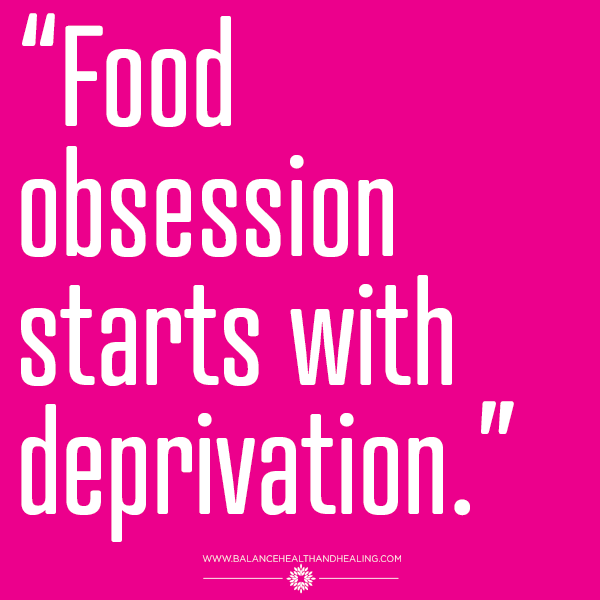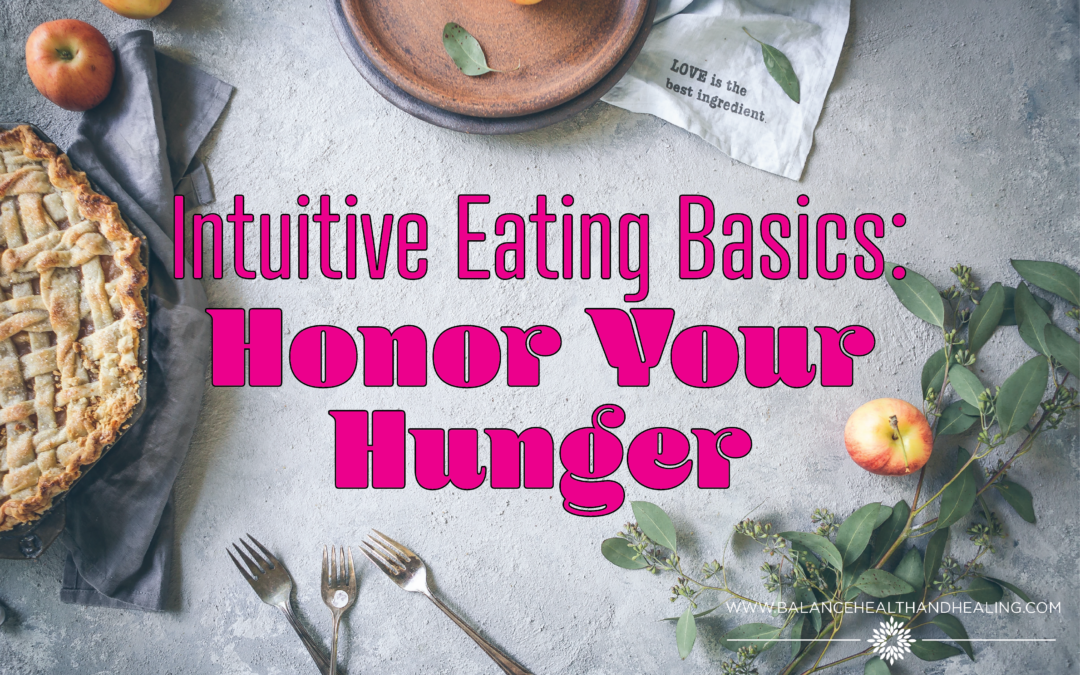 Have you seen the meme floating around social media that states something along the lines of, “Forgive me for what I said when I was hungry”? Extreme hunger can set the scene for impulsive behaviors. Whether it’s wreaking havoc on your personal lives or setting the stage for enormous cravings for food, deprivation of food can bring with it many unwanted side effects.
Have you seen the meme floating around social media that states something along the lines of, “Forgive me for what I said when I was hungry”? Extreme hunger can set the scene for impulsive behaviors. Whether it’s wreaking havoc on your personal lives or setting the stage for enormous cravings for food, deprivation of food can bring with it many unwanted side effects.
When you have allowed your hunger to get to an extreme point, you’ve likely triggered your biological response to starvation. Sometimes that can happen unintentionally- through lack of nutrients and genuine starvation- and sometimes it can happen intentionally- through dieting and eating disordered behaviors. It’s interesting to observe that your body does not distinguish between unintentional and intentional restrictive eating behaviors- when you are in deprivation, your body responds by issuing strong biological cravings to focus your efforts on securing food.
How does understanding your biology and honoring your hunger help aid in recovery from an unhealthy relationship with food?
In Intuitive Eating, Evelyn Tribole and Elyse Resch instruct, “Keep your body biologically fed with adequate energy and carbohydrates. Otherwise you can trigger a primal drive to overeat. Once you reach the moment of excessive hunger, all intentions of moderate, conscious eating are fleeting and irrelevant. Learning to honor this first biological signal sets the stage for rebuilding trust with yourself and food.”
Food obsession starts with deprivation. By deciding to exit the crazy-making cycle of restriction and binging and clueing back into honoring your hunger, you allow yourself to reset. As you then refocus on meeting your needs for nutrition- not by obsessing- but through listening to and following your biological hunger cues- you are able to rebuild trust with your body, which sets the stage for overcoming unhealthy food relationships. .
to exit the crazy-making cycle of restriction and binging and clueing back into honoring your hunger, you allow yourself to reset. As you then refocus on meeting your needs for nutrition- not by obsessing- but through listening to and following your biological hunger cues- you are able to rebuild trust with your body, which sets the stage for overcoming unhealthy food relationships. .
What does listening to and following your biological hunger cues look like?
First, it may be helpful to examine what ignoring those cues looks like. When you diet or intentionally restrict, you are numbing yourself to the very normal hunger signals of your body. In doing so, you turn down the volume of the signal essentially to a point where you may not even recognize it anymore. When you have done this, there is a process of relearning to listen to your hunger cues that must occur.
Decide today to check in with your hunger cues. For some, it can be helpful to rank your hunger on a scale of 1-10 and observe what your body is telling you it needs through hunger cues throughout your day. It can also be helpful to look at how you feel hunger. Hunger cues are not just bodily, stomach feelings. They can also present as symptoms of irritability, inability to focus, lightheadedness, and more. Do you identify with any of those symptoms, or recognize other personal hunger symptoms? Taking some time to observe and be mindful of how your body experiences hunger can be a powerful tool in eating recovery.
After spending time with your observations, you are then ready to begin to honor your observations. Eat when you are hungry. Stop when you are full. Keep observing. Keep honoring your cues.
In a world where you are sold a new diet plan every day- it can seem revolutionary to take a step back and focus on very basic ideas like honoring hunger. But imagine the freedom in trusting your body to do the simple biological things it was created to manage- without apps, macros, counting, and obsession. Just listen, honor, repeat.

